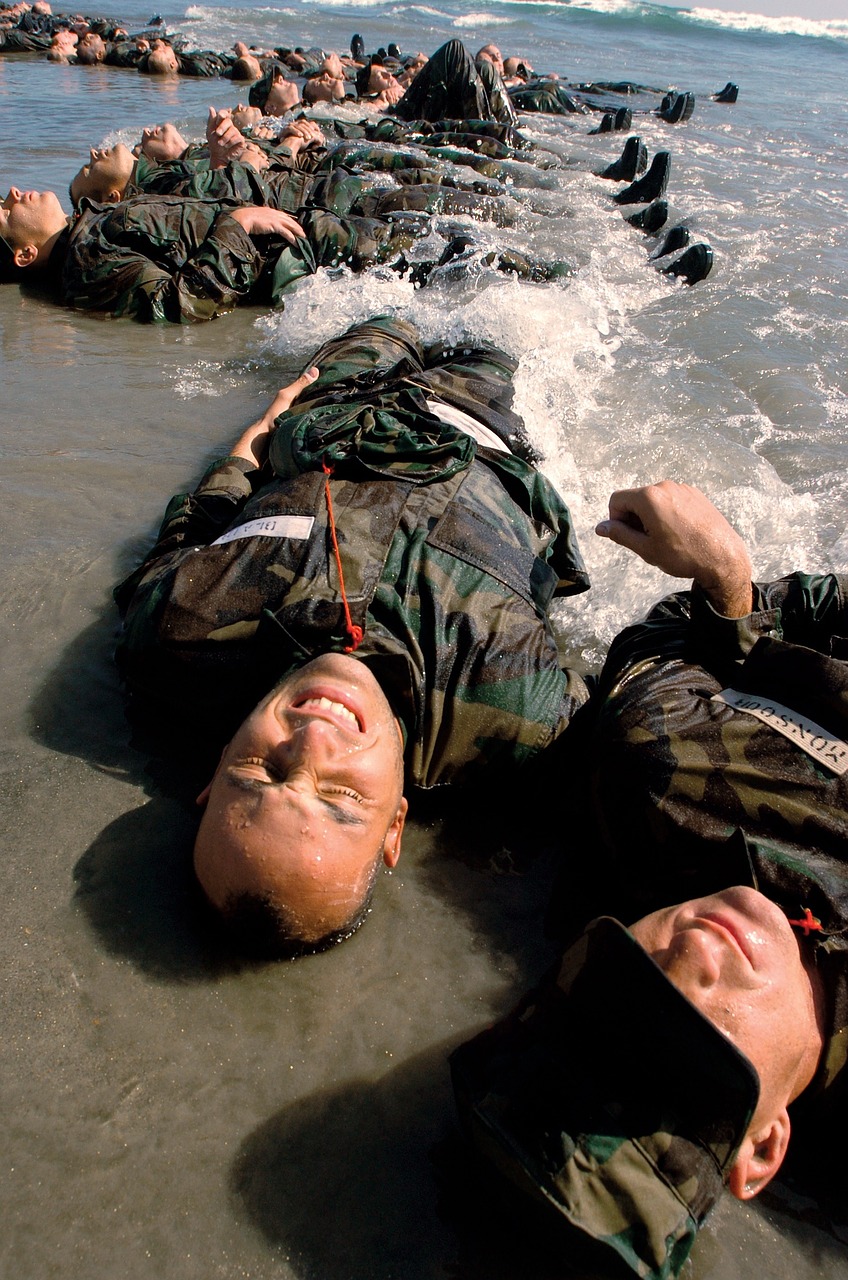Written for Arie Hoogerbrugge by Sophia Wisdom
In a world that constantly bombards us with distractions and temptations, the concept of discipline often emerges as the guiding force that paves the way to true freedom. Jocko Willink, a former Navy SEAL and a renowned leadership expert, encapsulates this philosophy with his powerful mantra: “Discipline equals freedom.” In this post, we’ll delve into the profound meaning behind this statement and explore how embracing discipline can lead to a freedom in various aspects of our lives.
The Foundation of Discipline:
At its core, discipline is the unwavering commitment to making choices that align with your long-term goals and values. It’s about forging habits that propel you forward, even when the path gets tough. Willink’s mantra reminds us that the very structure and routine that discipline imposes are the keys to unlocking a door to freedom.
- Discipline in Personal Development:
Discipline is the bedrock of personal growth. Whether you’re striving for a healthier lifestyle, honing a skill, or pursuing higher education, consistent and disciplined actions lay the groundwork for success. The freedom to be the best version of yourself arises from the intentional choices you make each day.
- Discipline in Finances:
Financial freedom is a coveted goal for many. The road to financial independence requires disciplined budgeting, saving, and investing. By curbing impulsive spending and adhering to a financial plan, you create a secure foundation that allows you to enjoy life on your terms.
- Discipline in Relationships:
Meaningful connections thrive on discipline. Whether in friendships, family, or relationships, the commitment to open communication, empathy, and mutual respect fosters freedom from misunderstandings and conflicts. Discipline in relationships empowers you to build strong, lasting bonds.
The Dichotomy of Discipline:
Jocko Willink often speaks of the “dichotomy of leadership” – the balance between being disciplined and allowing for creative freedom. Similarly, the dichotomy of discipline in our personal lives involves finding the equilibrium between structure and spontaneity. While discipline provides the framework, it’s essential to recognize the need for flexibility and adaptability.
- Adapting to Change:
Discipline doesn’t mean being rigid or resistant to change. Instead, it equips you with the resilience to navigate life’s twists and turns. The freedom to adapt and evolve is a direct result of the discipline cultivated during periods of stability.
- Mindful Freedom:
Freedom, as advocated by the discipline mantra, is not about recklessness or impulsive behavior. It’s about making conscious choices that align with your values. Discipline allows you to enjoy the freedom to explore and create within the boundaries you set for yourself.
Conclusion:
In the pursuit of freedom, one must recognize the symbiotic relationship between discipline and liberation. “Discipline equals freedom,” encapsulates the transformative power of intentional choices, habits, and commitment. By embracing discipline in personal development, finances, relationships, and more, you can carve a path to freedom – a freedom that allows you to live authentically, pursue your passions, and face life’s challenges with resilience and strength.
Unlocking True Wisdom: The Power of Following Your Own Advice
Embracing Resilience: The Wisdom of Winston Churchill’s Timeless Quote





